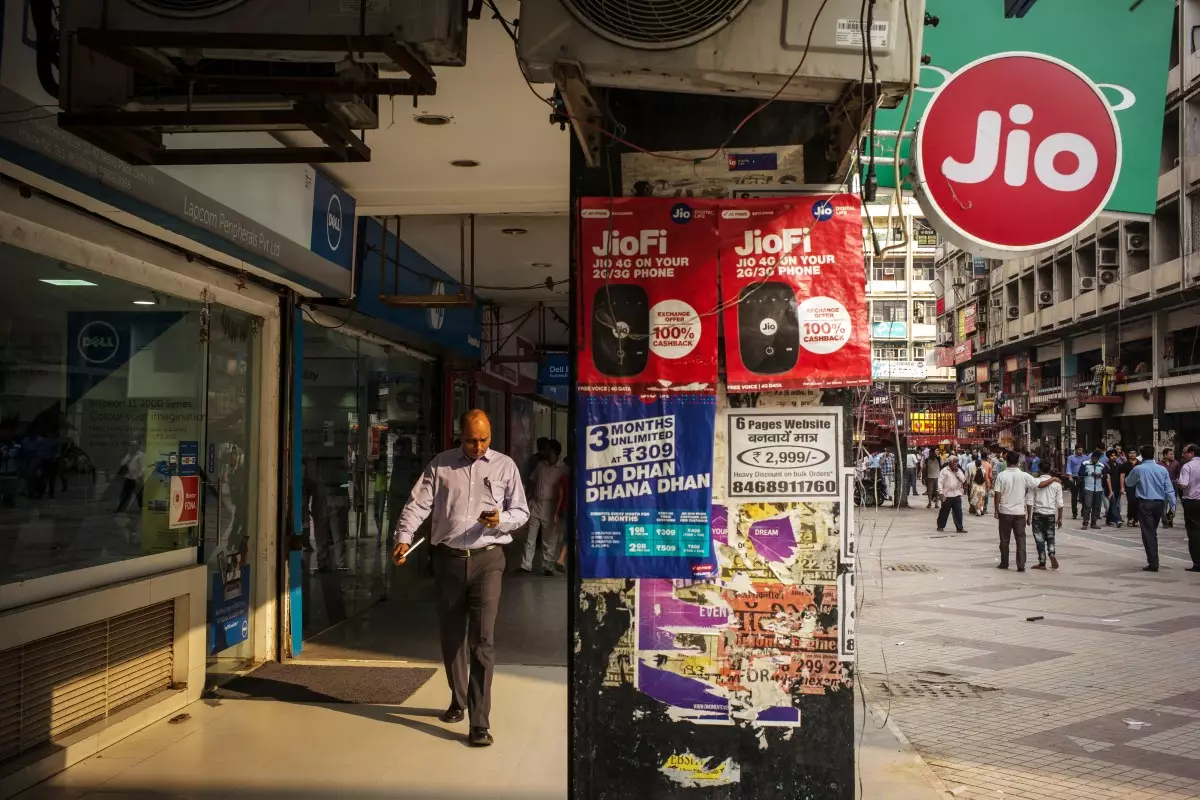The growing importance of online privacy has led to a surge in the use of Virtual Private Networks (VPNs) worldwide. However, the landscape for VPN services in India has recently shifted dramatically due to government intervention. Reports indicate that over a dozen VPN applications, including Cloudflare’s popular 1.1.1.1, have been removed from both the Apple App Store and Google Play Store in India. This action was taken following directives from the Indian Ministry of Home Affairs, suggesting a tightening grip on digital privacy tools within the country.
The Indian government’s decision to enforce the removal of these VPN services underscores its efforts to regulate online content and maintain national security. According to documents reviewed by various media outlets, regulators accused certain VPN providers of violating local laws, which has prompted significant action. This move reflects an increased willingness by the government to intervene in the digital realm, raising questions about user privacy and the potential for censorship.
The directive, reportedly originating from the Indian Cyber Crime Coordination Center, called out app developers for non-compliance with regulations established under the country’s 2022 framework. This framework requires VPNs and cloud services to keep exhaustive records of user activities, including personal identifiers and internet usage logs for a mandatory five years. Such stringent requirements have drawn sharp criticism from industry leaders, emphasizing the fine line between national security and personal privacy.
The enforcement of these new regulations has not gone unnoticed in the tech community. Major players in the VPN market, such as NordVPN, ExpressVPN, and others have expressed deep concerns regarding the implications of the regulations. Many have begun reevaluating their operations in India, leading to drastic decisions, including the withdrawal of server infrastructure from the region.
Despite these challenges, some companies remain committed to providing services to their Indian user base. However, they have largely halted marketing within the country, wary of the potential repercussions of the government’s requests. The tension between user demand for privacy and regulatory compliance continues to create a complex environment for VPN providers.
As India moves forward with its cybersecurity policies, the fate of VPNs in the region remains uncertain. The ongoing battle between privacy advocates and the government’s regulatory ambitions poses significant challenges for users seeking anonymity online. VPN services that once flourished as strongholds of internet freedom now face existential questions about their viability in a highly regulated market.
The future could see VPN providers adapting to comply with the stringent regulations or potentially withdrawing altogether, further limiting citizens’ access to secure internet solutions. This ongoing saga serves as a crucial reminder of the delicate balance between security and privacy in an increasingly digital world, and the decisions made now will undoubtedly shape the landscape of internet freedom in India for years to come.

